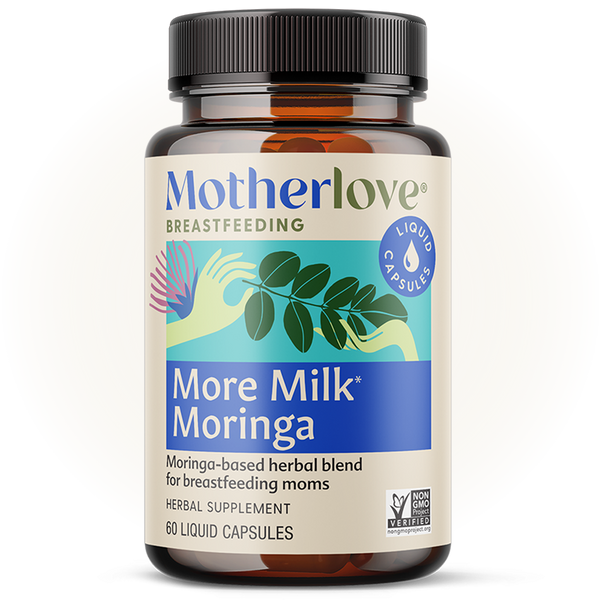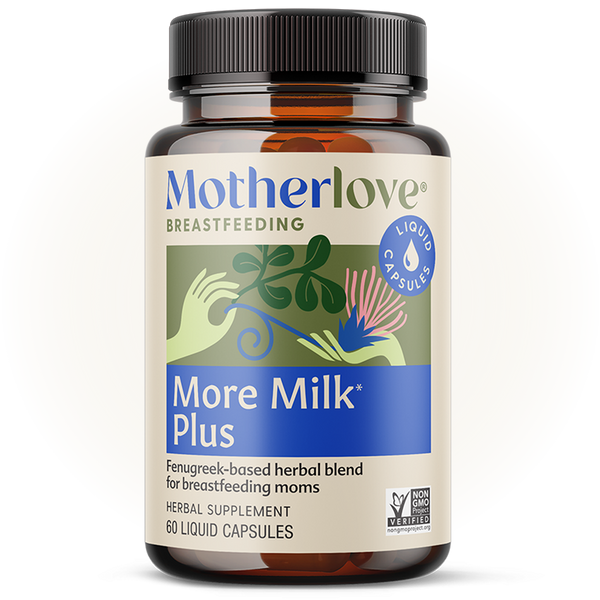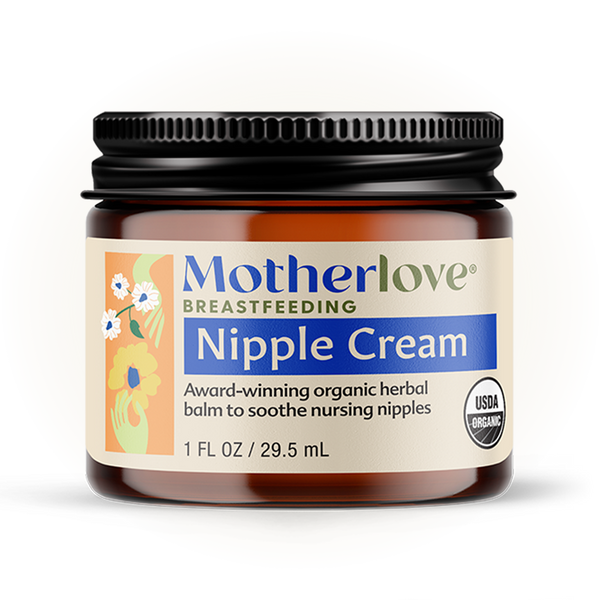Written by Wendy, IBCLC.
Moms who pump for their babies are superheroes, in my book. Pumping isn’t always easy, and it’s normal to run into challenges along the way: finding time to pump, getting adequate support, and balancing breastfeeding and pumping. Yet as moms, we find that one of the most difficult aspects of pumping is being able to maintain an adequate supply.
Running into trouble with pumping output is very common, and you are not alone in your journey! After all, a pump is a machine, not a snuggly baby, and it’s hard for many moms to have a “letdown” for the pump. The mechanisms that extract your milk are also a little different with a pump than with a well-latched baby. That said, lots of moms can pump quite effectively, and there are many ways to ensure that you get the most milk possible while pumping.
TIPS FOR MAXIMIZING PUMPING OUTPUT
1. Add Massage and Hand Expression
Studies have found that using your hands while pumping — either to massage the breast, gently compress it, or express your milk by hand — can really increase your output. You can massage your breasts to “wake them up” before pumping. You can squeeze and massage during pumping. If you start to notice a decrease in flow or letdowns, take your pump off, and massage or hand express to get things flowing again. Many moms end their pumping session by hand expression and often get a little extra milk this way.
2. Switch Out Your Pump Parts
While most breast pump motors should last you about a year, depending on how frequently you pump, the pump parts do need to be replaced more frequently. They can stretch or tear, which causes them to lose suction, making the entire pump less effective at removing milk. Each pump company has slightly different guidelines, so it’s always worth contacting your pump company
directly for guidance, but here are some basic timetables to keep in mind when it comes to replacing parts:
Valves and Membranes: Every 2-3 months
Breast Shields/Flanges: Every 6 months
Tubing: As needed, but look for stretching and tears
3. Distract, Distract, Distract
How easily we “letdown” for our pumps is based somewhat on our stress levels. Oxytocin is the hormone responsible for letdowns, and if you are stressed, it can be inhibited. I’ve found that moms often are stressed just about pumping itself and tend to hyper-focus on how many ounces are collecting. Concentrating on something else really helps — your phone, a favorite TV show, pictures of your baby. Covering the bottles (the recent viral “sock over bottle” trick is fantastic!) or draping a shawl or something similar over them, is a great idea too.
4. Adjust Your Expectations
Lots of moms think that they must pump 5 ounces every session in order to stay on track. But the truth is that some moms only pump 2-3 ounces a time because that is their breast storage capacity (these moms might just need to pump more frequently to get enough). Anywhere from 2-5 ounces is totally normal, and it’s also normal for your output to change from day to day, and to be different at different times of day. Most moms can pump much more milk in the morning than the afternoon, for example.
5. Make Sure You Have the Best Pump for Your Needs
If you are pumping on a regular basis, using a double electric pump — rather than a hand-held or manual pump — is a must. Make sure your pump is in good working order. It is not usually advisable to use hand-me-down pumps, because not only do you risk contamination, but electric pumps only have a shelf-life of about a year. If you are using an older pump, you might want to call the pump company to see if the pump is under warranty and if its battery or other parts should be replaced.
Hospital grade pumps (which can be shared by more than one mom) are the way to go if you want to do everything possible to maximize your supply. These pumps are the top-of-the-line pumps, have been shown to increase supply, and are even quieter and more gentle than other pumps. You can rent a hospital grade pump for a reasonable price each month.
6. Take Care of Yourself
Telling a new mom to get enough sleep and practice self-care may sound like a joke! But it’s important to find those moments of rest and relaxation whenever you can. You don’t need to eat a certain diet or drink bucketfuls of water to maintain or increase your supply. But if your resources are depleted, and you are tapped out, this can cause your milk supply to decrease temporarily. Keep nourishing foods around while you pump, and drink as much as your body tells you to. Many mothers swear by eating foods like oatmeal and almonds to boost their supply. Galactagogues like herbal supplements and tinctures can be helpful as well.
7. Get Your Baby Involved
If there is ever a time when you can pump while nursing, this can really help. What you do is set your pump to work on one side and nurse your baby from the free side. This way, your baby’s suckling makes the letdown happen, and you are almost always guaranteed more milk this way. Even if you can’t pump with your baby, pumping while listening to videos of your baby babbling, or sniffing some of your baby’s clothes or blankets, can get your milk flowing.
8. Reach Out for Help
You are not meant to do this alone. If you are finding that your pumping output has decreased, reach out for help. Call the pump company for troubleshooting; their customer service reps are trained to help with this very issue! Call a lactation consultant or breastfeeding support counselor. Go to a breastfeeding support group or find one online: other moms “in the trenches” often have the best pumping tips out there.
9. Take a Motherlove Breastfeeding Supplement
At Motherlove, we know that galactagogues aren't always the solution to a low milk supply. If the baby isn't latching well or you just aren't pumping or nursing often enough, a supplement won't fix your supply issue. But there are a lot of circumstances in which a herbal supplement can help. We created this little cheat sheet so you can easily decide which Motherlove product is best for you.
Most of all, don’t give up. There is almost always a solution to a pumping issue. Remember that just by showing up and trying to fix it — and doing your best to provide breast milk for you baby — you are an amazing mom.







